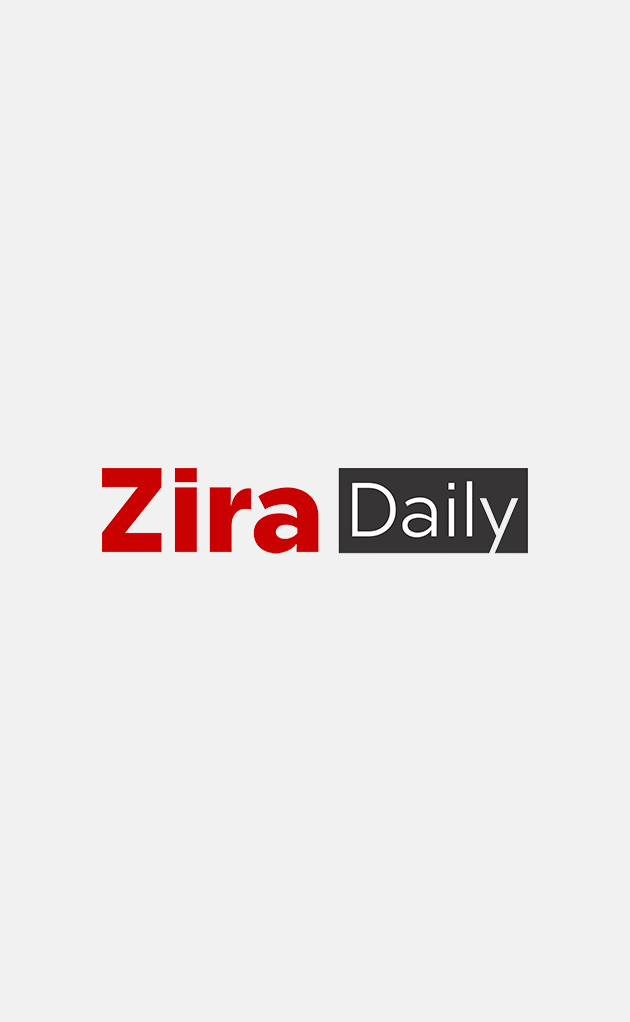
India's election concludes

India has close to 970 million voters among its more than 1.4 billion people, and its general election pits Prime Minister Narendra Modi, an avowed Hindu nationalist, against a broad alliance of opposition parties that are struggling to play catch up.
Now 73, Modi first swept to power in 2014 on promises of economic development, presenting himself as an outsider cracking down on corruption. Since then, he has fused religion with politics in a formula that has attracted wide support from the country's majority Hindu population.
India under Modi is a rising global power, but his rule has also been marked by rising unemployment, attacks by Hindu nationalists against minorities, particularly Muslims, and a shrinking space for dissent and free media.
The final day of voting in the 6-week-long election was Saturday. The vote counting will start Tuesday and will be updated throughout the day. The election results will likely be known the same day.
The voters are choosing 543 members for the lower house of Parliament for a five-year term.
Votes were cast at more than a million polling stations. Each of the seven voting phases lasted a single day with several constituencies across multiple states voting that day. The staggered polling allowed the government to transport election officials and voting machines and deploy tens of thousands of troops to prevent violence. Candidates crisscrossed the country, poll workers hiked to remote villages, and voters lined up for hours in sweltering heat.
India has a first-past-the-post multiparty electoral system in which the candidate who receives the most votes wins. To secure a majority, a party or coalition must breach the mark of 272 seats.
India uses electronic voting machines.
Modi’s Bharatiya Janata Party and his main challenger, Rahul Gandhi of the Indian National Congress, represent Parliament’s two largest factions. Several other important regional parties are part of an opposition bloc.


